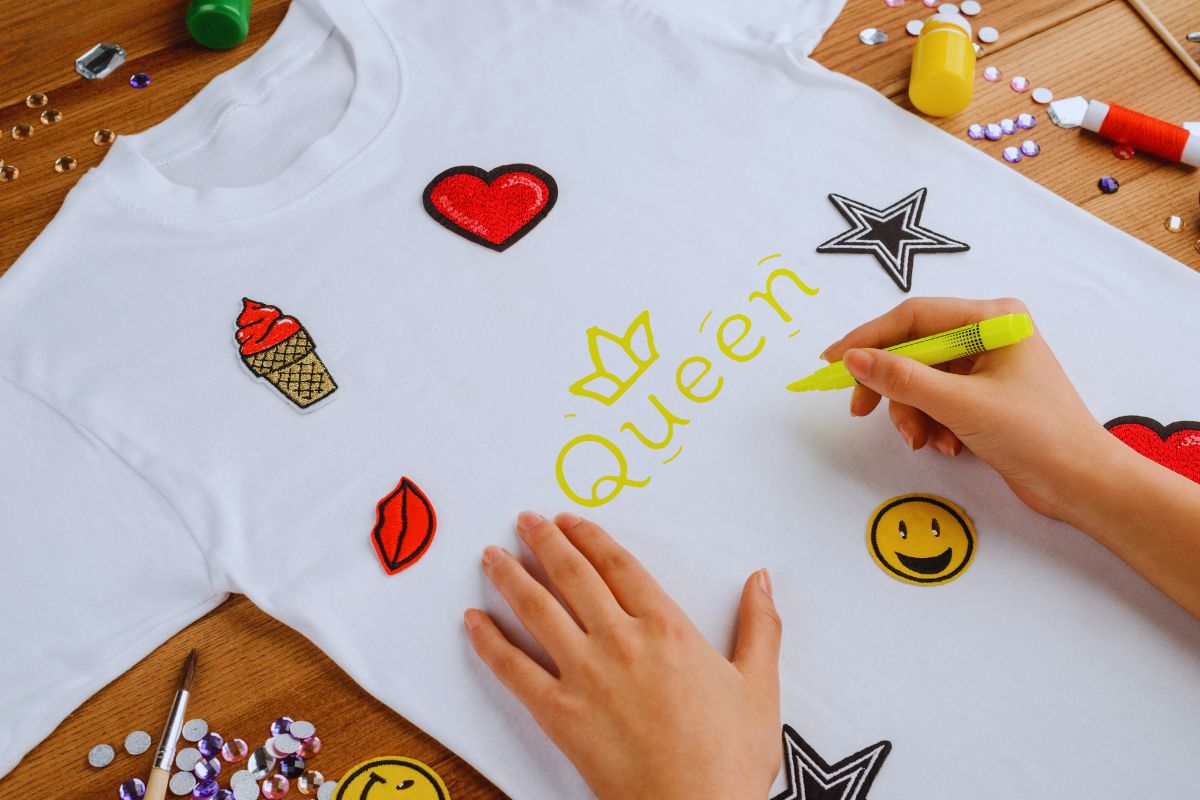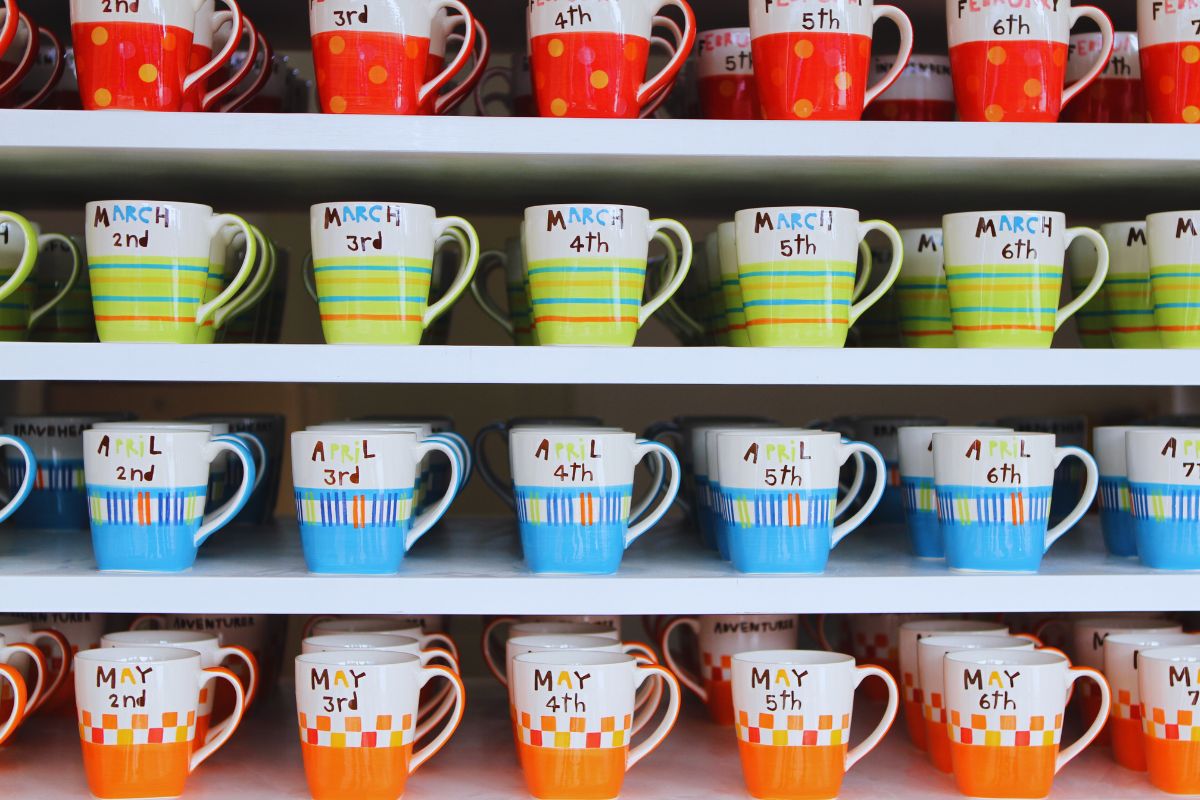The cost of custom t-shirts can vary widely based on several factors, such as the quantity you’re ordering, the quality of the shirts themselves, the complexity of your design, and whether you’re choosing various printing options or embroidery. When you buy in bulk, you often receive a significant discount, making each shirt more affordable. Companies like CustomInk.com offer tiered pricing, allowing you to get a sense of how quantity impacts the overall cost, with the price per shirt decreasing as the order size increases.
Table of contents
- Factors Influencing Custom T-Shirt Cost
- Cost Breakdown
- Choosing a Print Provider
- Customization Options
- Ordering Process and Tips
- Using Custom T-Shirts for Marketing and Gifts
- Frequently Asked Questions
- What factors influence the price of a custom t-shirt?
- How much does it typically cost to print a logo on a t-shirt?
- At what quantity does bulk pricing for custom t-shirts typically start?
- What are the cost implications of using high-quality materials for custom t-shirts?
- Is there a significant price difference between screen printing and digital printing for t-shirts?
- What’s the average markup percentage when selling custom t-shirts?
Your design choices also affect the cost. Simpler designs using fewer colors are generally cheaper to produce than those with multiple colors or intricate patterns. Some suppliers use pricing calculators, like Bonfire and Printify, to help you estimate the cost upfront, ensuring you can tailor your choices to your budget. These calculators take into account whether you print on one side of the shirt or both, the number of colors used, and the base cost of the shirt.
Finally, consider any additional costs that might come into play. Embroidered shirts, for example, offered by companies like Queensboro, may have no minimum requirement, but they might come with setup fees for the embroidery. Look out for deals that offer free shipping or discounts on other apparel items, which can make custom t-shirts a more appealing option. It’s essential to factor in these potential hidden costs to get a true sense of how much your custom t-shirts will cost.
Factors Influencing Custom T-Shirt Cost
When considering custom t-shirt costs, several intricate factors affect pricing. Your understanding of these factors can assist in managing your budget effectively and making informed decisions.
Design Complexity
Your choice in design details directly influences the cost. Simple designs typically incur lower costs compared to complex artwork that require more labor and resources. The intricacy of your design may involve additional colors or detailed imagery, both of which can increase the price.
Printing Technique
There are multiple printing techniques, each impacting the pricing differently:
- Screen printing: Cost-effective for larger orders but has higher setup fees for small runs.
- Digital printing: Great for small orders with detailed designs but can be pricier per shirt at higher quantities.
- Direct-to-Garment (DTG): Works well for high-detail, full-color images but generally more expensive for larger orders.
- Heat transfer: Suitable for vibrant and full-color designs but may lack durability, resulting in varied pricing.
- Sublimation: Offers high-quality results for polyester fabrics but involves a higher cost.
- Embroidery: Embellishes the t-shirt with a textured design but can be one of the most costly methods due to the stitching process.
T-Shirt Material
The cost can fluctuate based on the t-shirt material selected:
- Cotton tee: A standard and typically more affordable option.
- Premium fabrics (e.g., organic cotton, bamboo, tri-blend): Often more expensive due to their higher quality and comfort.
Quantity and Bulk Orders
Buying in bulk often reduces the cost per t-shirt. Look out for volume discounts when ordering a large number of t-shirts, as this can lead to significant savings.
- Small orders: Higher cost per item.
- Large orders: Lower cost per item due to economies of scale.
Sizes and Colors
The variety of sizes and colors, especially when they go beyond the standard range, may impact the cost. Unusual sizes can be more expensive, and using multiple ink colors can increase printing costs. Keep this in mind, particularly if your design is color-intensive.
Cost Breakdown
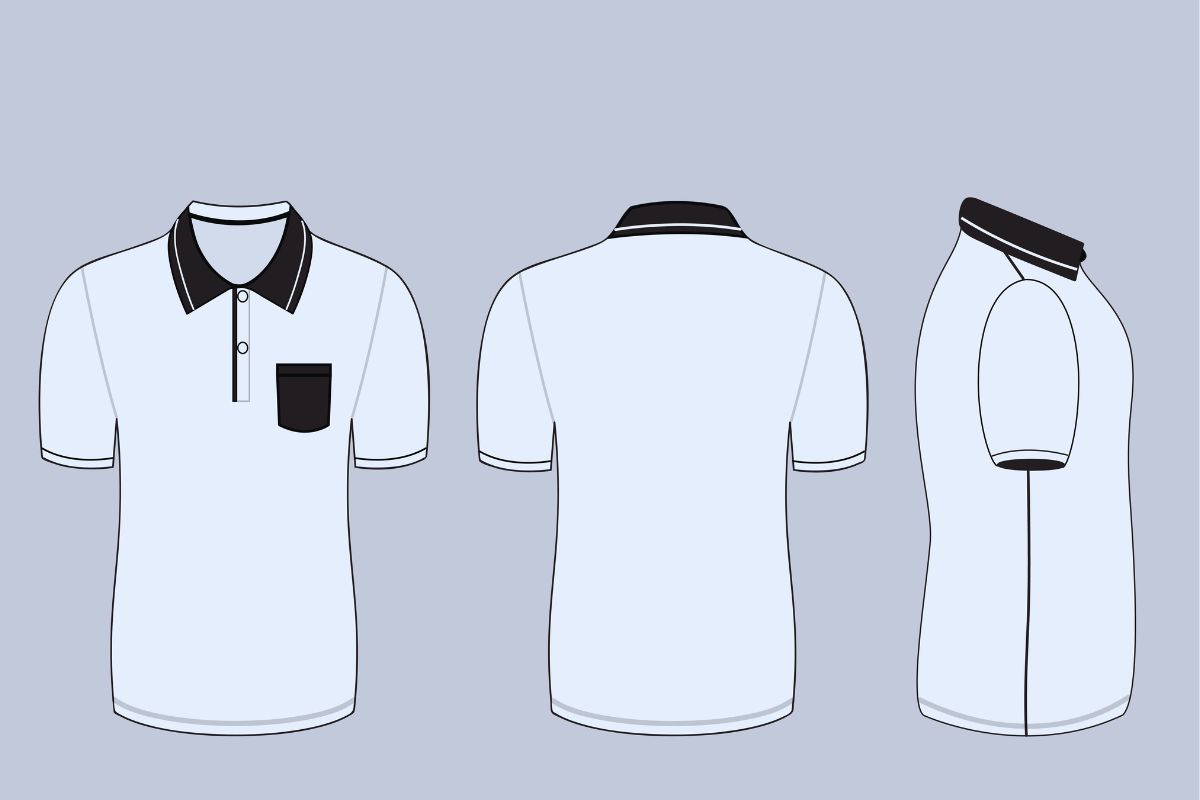
| Cost Component | Description | Cost ($) | Bulk Cost (per unit) ($) |
|---|---|---|---|
| T-shirt Blank | Base cost of the plain t-shirt before customization. | $5 – $10 | $3 – $7 |
| Printing Method | Cost for screen printing, digital printing, or embroidery. | $2 – $5 | $1 – $3 |
| Design Complexity | Additional charges for intricate or multicolor designs. | $0 – $3 | $0 – $2 |
| Quantity | Discounts offered for larger orders, affecting per-unit cost. | N/A | Reduced pricing for bulk orders |
| Additional Features | Optional upgrades like special inks, tags, or packaging. | Variable | Variable |
Understanding the cost breakdown of custom T-shirts is crucial for making informed purchasing or selling decisions. Here are the specifics.
Material Costs
Your custom T-shirt cost largely depends on the material quality and fabric type. The base price typically starts at around $10 for basic materials, but premium fabrics can increase costs significantly. For example:
- Cotton: $10-$15 per shirt
- Polyester: $12-$18 per shirt
- Blend: $15-$20 per shirt
Printing Costs
Printing costs can vary based on the method used. A basic single-color design might cost less compared to a multi-color, complex graphic. For instance:
- Screen printing: $5-$10 per shirt, more colors increase the price
- Digital printing: $2-$5 per shirt, no extra cost for more colors
Additional Fees
Be aware of additional fees which include shipping, special packaging, or custom tags. While some providers may offer free shipping, others will charge a fee. Such additional costs could include:
- Standard shipping: $3-$8 per order
- Expedited shipping: $10-$25 per order
- Special packaging/custom tags: $0.50-$2 per shirt
Retail Price
Finally, your retail price incorporates all previous costs plus a markup for profit. If a T-shirt’s base production and printing costs were $20, and with additional fees, it comes to a total of $25, you might set a retail price between $30 and $50 to ensure a profit margin. Here’s a simplified formula for setting the price:
- Cost to produce: Material ($15) + Printing ($5) + Fees ($5) = $25
- Retail price: Cost to Produce ($25) + Profit Margin ($10 to $25) = $35 to $50
Choosing a Print Provider
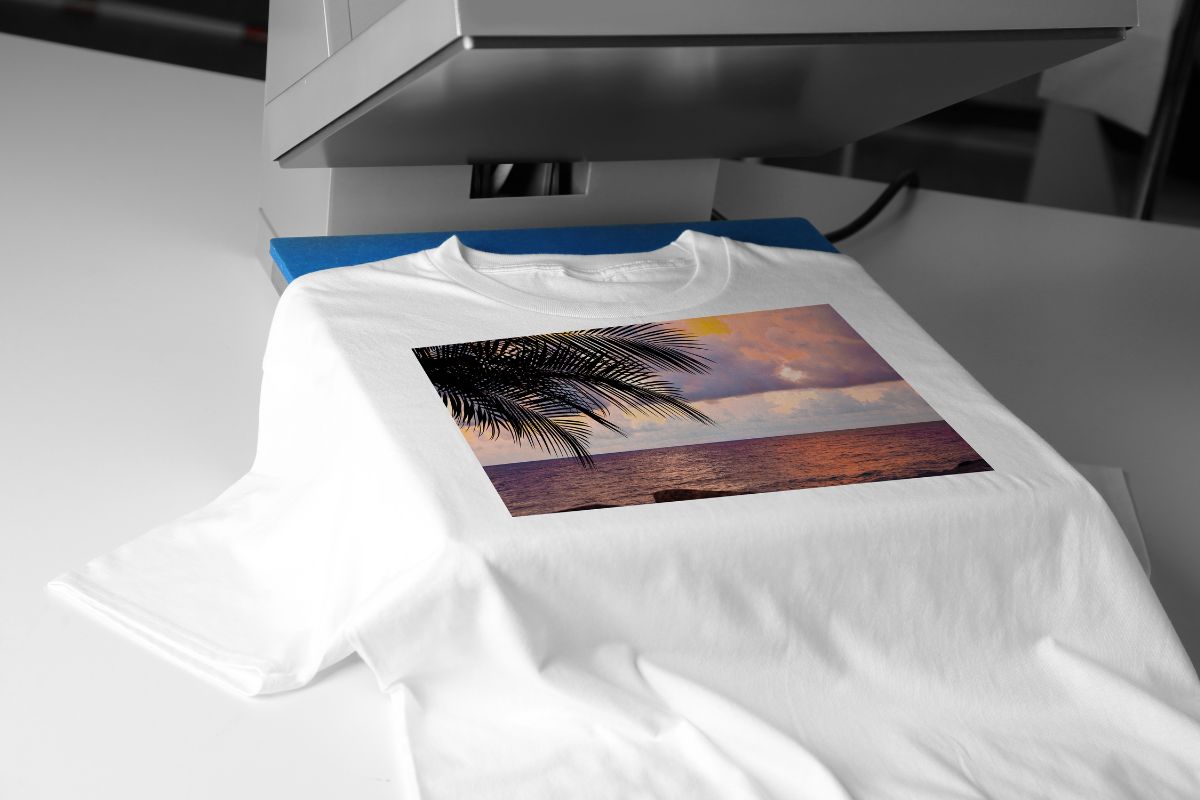
When selecting a print provider for your custom T-shirt needs, it’s crucial to consider the type of printing company that aligns with your project requirements and preferences. This includes the choice between local and online providers, understanding print on demand services, and examining the turnaround time and delivery options.
Local vs Online Printing Companies
Choosing between local and online printing companies can significantly impact your custom T-shirt order. Local printers allow you to have a direct interaction, which can be invaluable for ensuring accurate color matching and design placement. However, online printers often provide more competitive pricing and free shipping. They frequently have user-friendly platforms where you can immediately see a quote for your project, like the services offered by VistaPrint.
Print on Demand Services
Print on demand (POD) services, such as Printify, give you the flexibility to order T-shirts as they are sold, rather than in bulk. This can be a cost-effective solution without the need for inventory. POD services might offer a limited cost range, and prices can vary from around $9.25 to $50 per T-shirt, depending on various factors such as shirt quality and order volume.
Turnaround Time and Shipping Options
Turnaround time can be a deal-breaker for your custom T-shirt project. POD services like Printify often have a clear formula to calculate the price that includes production costs and shipping times. If your project is time-sensitive, confirm the expected delivery dates, and check if expedited options are available. Be sure to find out if companies offer free shipping or if the shipping cost needs to be added separately to your T-shirt price.
Customization Options
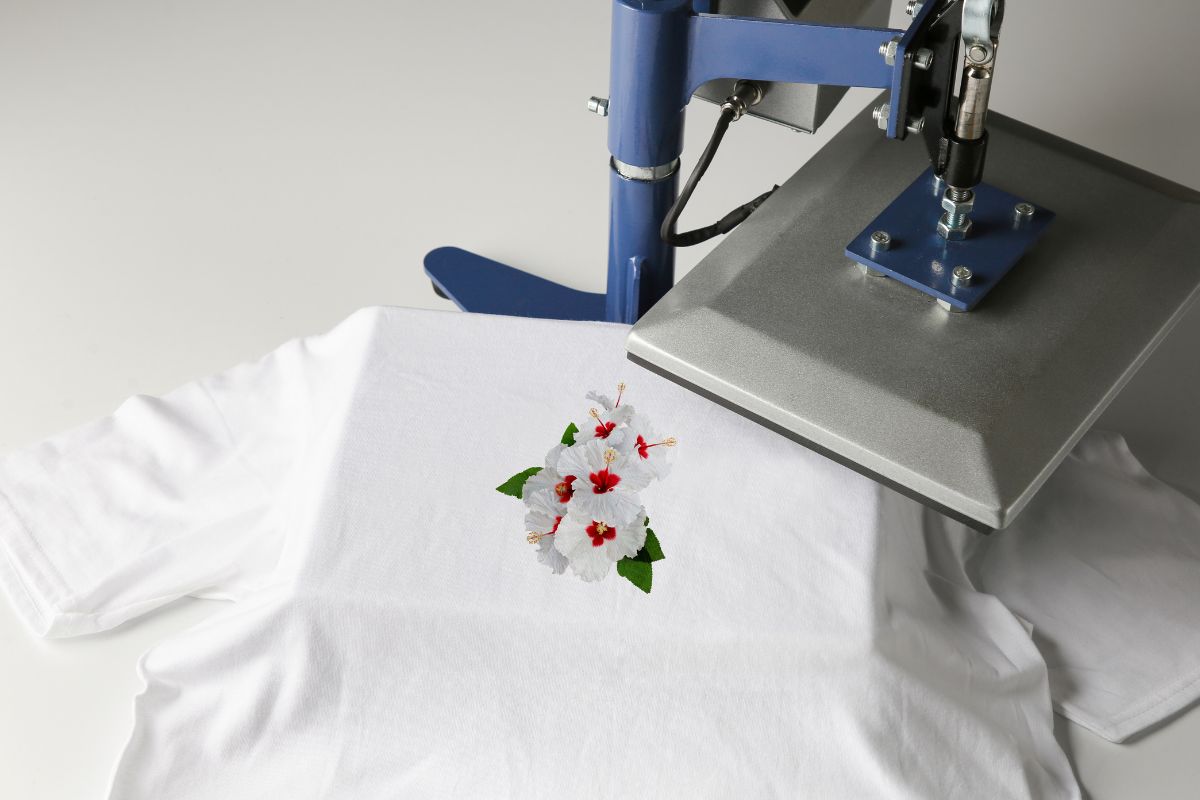
In the realm of custom t-shirts, your options for personalization are comprehensive, from utilizing user-friendly design templates to selecting between various printing techniques that affect both the look and longevity of your shirt.
Design Templates and Tools
Many custom t-shirt services offer design templates that you can use as a starting point to design your own t-shirt. These templates may cover a range of themes and occasions, allowing you to select and modify a pre-existing design. Additionally, online tools are available to upload your images or graphics, typically supporting file formats like PNG, JPG, BMP, or GIF.
- File specifications for uploads:
- Max file size: 10 MB
- Resolution: At least 200 dpi
- Max image size: 4000 x 4000 pixels
- Background: Preferably transparent (no background)
Customization Techniques
When it comes to applying your design to the fabric, there are a few main techniques:
- Screen Printing: Ideal for bulk orders with a few colors. This method offers vibrancy in colors but has a more significant setup time, so it’s cost-effective for large quantities.
- Digital Printing: Works best for intricate designs with multiple colors or gradients. It is less durable compared to screen printing but allows for greater detail.
- Direct-to-Garment: This technique prints directly onto the t-shirt and is similar to digital printing. It’s great for high-detail images and allows for on-demand printing without the need for pre-setup, making it a good choice for small orders or one-offs.
The choice of technique will affect not only the visual fidelity of your design but also the texture, feel, and durability of the print.
Ordering Process and Tips
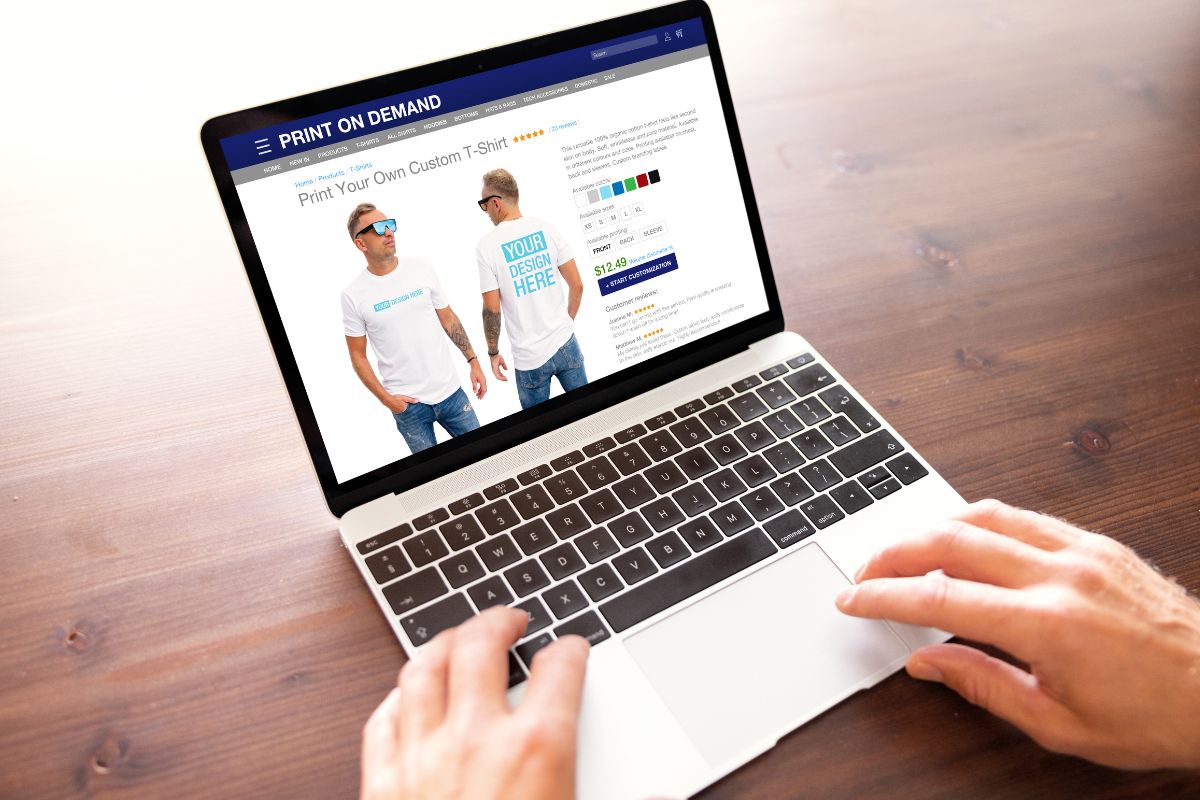
Navigating the custom T-shirt ordering process is straightforward when you’re equipped with the right information. Understanding design approvals, order sizing, and purchase finalization will ensure a seamless experience.
Design Submission and Approval
Submit your T-shirt design through the provider’s portal, ensuring it meets their specifications for resolution and file format. Providers will review your submission; this is your opportunity to ensure your vision is accurately translated to the final product. Expect a proof to review and approve before production begins to avoid any discrepancies.
Order Sizes and Pieces
When selecting sizes, consider the diversity of your group. Here’s a simple breakdown to help you decide:
- Small: typically suits 10% of the average group
- Medium: approximately 40% coverage
- Large: another 40% for a typical crowd
- XL and up: usually the remaining 10%
Be aware that many providers offer no minimum on orders, but ordering in bulk can lead to cost savings.
Finalizing Your Purchase
Check the summary of your order carefully; this includes design details, sizes, and the number of pieces. Adjust quantities as necessary to meet your needs, keeping in mind that per-unit costs often decrease with larger orders. Once satisfied, proceed to checkout, confirm payment details, and place your order.
Using Custom T-Shirts for Marketing and Gifts
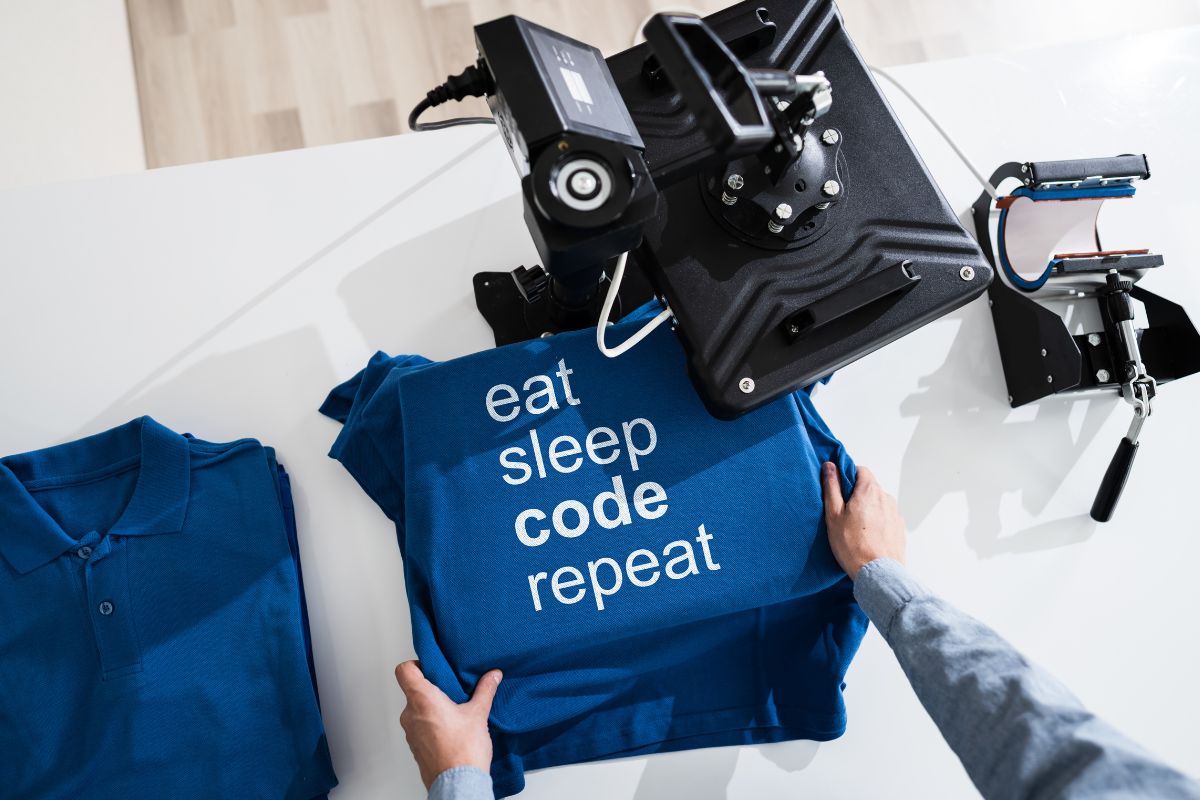
Custom T-shirts offer a unique blend of visibility and personalization that can enhance your marketing efforts and serve as memorable gifts. Their versatility allows you to craft messages and designs that resonate personally with the receiver.
Marketing and Promotional Use
When you leverage custom T-shirts for your marketing campaigns, you’re creating a mobile billboard. Not only do they increase brand recognition, they can be remarkably cost-effective. Here’s a brief rundown:
- Cost: Expect to pay between $10 to $50 per shirt, with prices generally lower when ordering in bulk.
- Visibility: A well-designed T-shirt can be worn numerous times, ensuring repeated exposure for your brand.
- Variety: From basic cotton to premium fabrics, choices abound that can match your company’s ethos or campaign theme.
For the most impactful marketing tools, consider these specifics:
- The Product: Always choose a T-shirt quality that aligns with your brand’s image.
- The Designs: Your logo, message, or artwork should stand out but also fit naturally onto the shirt.
Personalized Gifts
Personalized T-shirts are a unique way to convey appreciation or celebrate occasions. They can transform a simple gift into a keepsake. Consider the following:
- Personalization: Add names, special dates, or bespoke designs.
- Material: For gifts, premium materials like organic cotton or tri-blends offer a higher perceived value.
Here are key aspects when opting for custom T-shirts as gifts:
- Designs: Choose a theme that connects with the person; it could be an inside joke, a favorite quote, or a shared memory.
- Purpose: Reflect on the occasion — a commemorative shirt for a reunion or a pen-drawn caricature for a birthday can make the gift unique.
Remember that the intent behind a personalized T-shirt gift lies in its thoughtfulness and the joy it brings, not just its material worth.
Frequently Asked Questions
When considering custom t-shirts, understanding the factors that affect pricing helps you plan your budget effectively. Here’s a clear breakdown of common questions you might have.
What factors influence the price of a custom t-shirt?
The price of a custom t-shirt is shaped by several variables including print methods, design complexity, shirt quality, quantity ordered, and turnaround time. The more complex and high-quality the shirt, the higher the price can be.
How much does it typically cost to print a logo on a t-shirt?
Printing a logo on a t-shirt can vary in cost from $5 to $10 per shirt. This price can change based on the size of the logo and the number of print locations.
At what quantity does bulk pricing for custom t-shirts typically start?
Bulk pricing often begins at quantities of 20 to 50 shirts, with the price per shirt dropping as the quantity increases.
What are the cost implications of using high-quality materials for custom t-shirts?
Opting for high-quality materials can increase the cost by $2 to $5 per shirt, influenced by the fabric’s sustainability, durability, and brand.
Is there a significant price difference between screen printing and digital printing for t-shirts?
Screen printing is generally more cost-effective for larger orders, while digital printing can be less expensive for small orders or designs with many colors.
What’s the average markup percentage when selling custom t-shirts?
The markup for custom t-shirts can range from 50% to 100%, depending on your business model, target market, and overall branding strategy.

